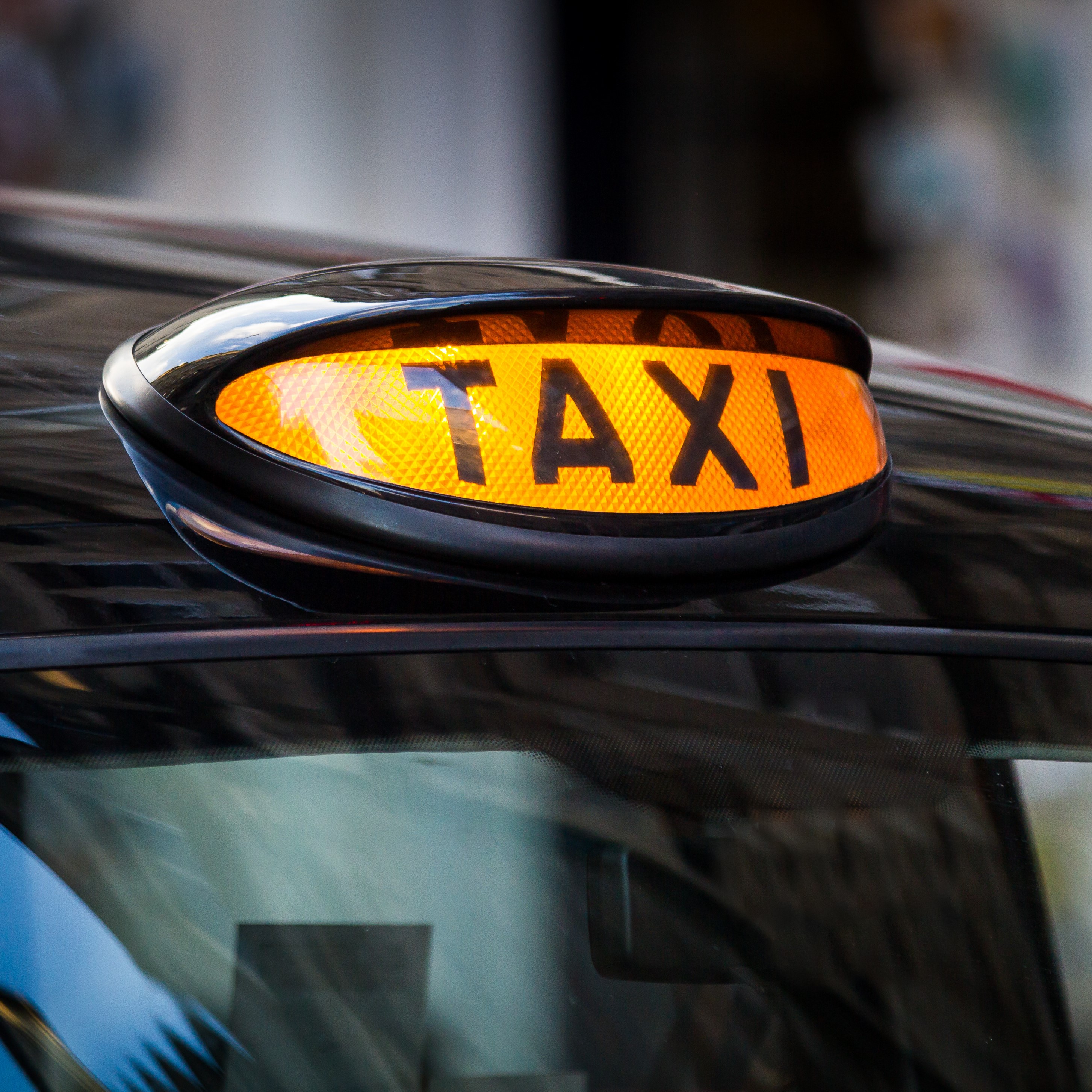Information on Cookies
To make the best use of our website, you'll need to make sure your web browser is set to accept cookies to ensure you receive the best experience.
For further information, please read our Cookies Policy.

Log In

This article has been updated. Please view the updated article.
Can Hackney carriage and private hire drivers refuse to carry certain passengers through fear of infection?
The starting point here is that as there are no scheduled services for hackney carriages or private hire vehicles (unlike buses and trains) there is actually no requirement on a hackney carriage or private hire driver to be working. That is very simplistic approach, and it is appreciated that they need to make a living as much as everybody else. It will be for each individual driver to decide whether they are prepared to take the risks associated with providing hackney carriage and private hire services.
In relation to the driver themselves, they should not work if they have a new continuous cough and/or a high fever and should at that point self-isolate (https://www.gov.uk/government/collections/coronavirus-covid-19-list-of-guidance).
A driver of a hackney carriage or private hire vehicle, hackney carriage and private hire vehicle proprietors and private hire operators, whether self-employed or employees, have responsibilities under the Health and Safety at Work Act 1974 to both themselves and those who are likely to come into contact with their business (sections 2, 3 & 4).
Therefore, the driver and proprietor of the vehicle both have a responsibility to ensure, to the best of their ability, that the vehicle is safe. Whilst that usually relates to mechanical safety, clearly environmental safety is also vital. They should already have a Health and Safety Policy in place. It may have been necessary to amend this to incorporate a risk assessment relating to the coronavirus which clearly survives on surfaces for a significant period of time.
Ideally every vehicle should be disinfected after every hiring, but this is clearly not practically possible. However, it would be possible to ensure that some form of cleaning of obvious areas takes place - door handles, seat belts and buckles and any other obvious hard surface that may have been touched by a passenger. This would include areas that may have been infected following a passenger coughing or sneezing such as physical divisions between the front and rear of the vehicle, the rear of front seats and so on. The guidance from the Government is
“frequently clean and disinfect objects and surfaces that are touched regularly, using your standard cleaning products”
Beyond that there is a divergence between hackney carriages and private hire vehicles.
Hackney Carriages
The driver of a hackney carriage that is standing for hire (that is at a taxi rank or elsewhere on the highway) can only refuse a hiring for a journey within the district if they have a reasonable excuse (section 53 Town Police Clauses Act 1847 (“the 1847 Act” outside London; section 35 London Hackney Carriage Act 1831 and section 7 London Hackney Carriage Act 1853 in London)). It would seem to be a reasonable excuse to refuse to carry a potential passenger who has obvious symptoms of coronavirus, but drivers must be careful. Assumptions about potential victims should not be made, and certainly should not be based on crude racial stereotyping. It would be difficult to see how a driver could refuse to carry a passenger who was not displaying symptoms in these circumstances.
In those circumstances (standing for hire) a driver can legitimately refuse to take any hiring which would be for a destination outside the district (unless there are local exemptions to that).
There is no requirement placed upon a hackney carriage driver who is plying for hire (i.e. cruising) to respond to any hailing by a prospective passenger (see Hunt v Morgan [1948] 2 All ER 1065 QBD).
Private Hire Vehicles
A private hire operator is under no obligation to enter into a contract to provide a private hire vehicle for anybody, provided any such refusal is not based on a protected characteristic under the Equality Act 2010 (section 4 - age; disability; gender reassignment; marriage and civil partnership; pregnancy and maternity; race; religion or belief; sex; sexual orientation).
Once the booking is been accepted, there is a contract in place to provide a vehicle for that hiring. If on arriving at the pickup point, the driver sees that the passenger is displaying obvious symptoms of coronavirus then they may feel it is not safe to carry that passenger. The driver would need to discuss that with the operator, because the contract for hire is between the hirer and the operator (there is also a contract between the operator and the driver which will need to be considered as well).
A pre-booked hackney carriage is similar to this, but the contract may have been made directly with the driver rather than a 3rd party booking agent.
Conclusions
A great many people work in the hackney carriage and private hire industries and even more people rely on hackney carriages and private hire vehicles to transport them. Whilst there may well have been a significant downturn in this activity as a result of this crisis, hackney carriages and private hire vehicles will still remain a vital form of transport for many, including to and from hospitals, GPs and to go shopping.
No activity is risk-free: the key is to take all sensible reasonable precautions to protect both drivers and passengers.
Article by James Button, IoL President and Principal, James Button & Co Solicitors
